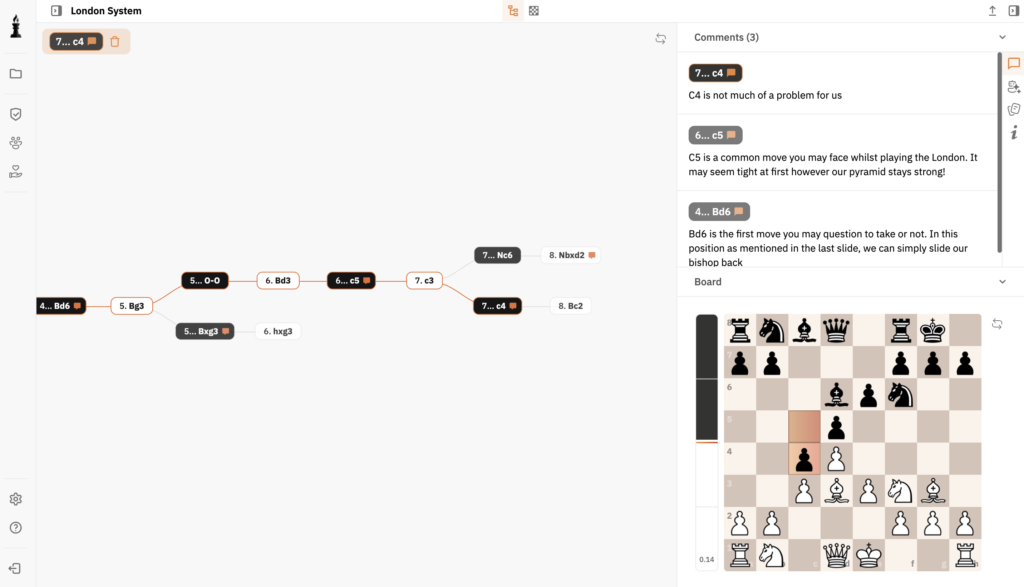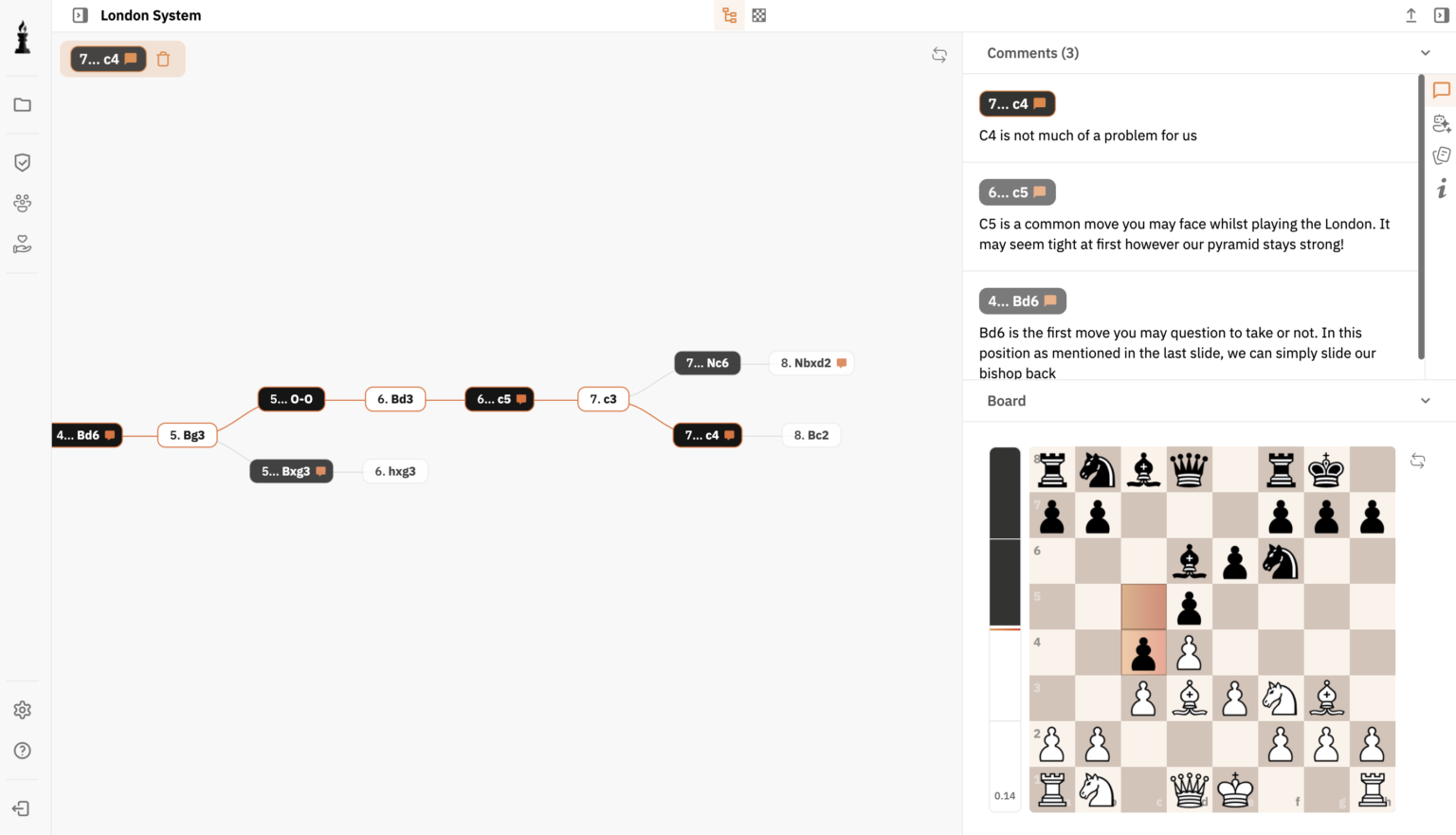The Foundation of Modern Chess Tournaments
Chess tournaments have significantly evolved from casual, informal gatherings to highly structured and prestigious events. Initially, chess was played casually, often without a formal time limit or structured competition framework. It was during the 19th century that chess tournaments began to gain recognition, with the first official international tournament held in London in 1851. This marked a pivotal moment in chess history, as players from different parts of the world convened to test their strategic skills.
The Historical Context
The inception of chess tournaments can be traced back to the passion of players like Howard Staunton, who recognized the potential of formal competitions in popularizing the game. The 1851 London tournament was a groundbreaking event that set the precedent for future competitions, eventually leading to what we now know as the Candidates Tournament.
The Rise of the Elo Rating System
As tournaments gained popularity, there was a need for a standardized system to rank players’ performances. The Elo Rating System, introduced by Arpad Elo in the 1960s, revolutionized player rankings by providing an effective method to measure and compare skill levels. This system remains the cornerstone of chess rankings today.
Formats and Structures of Chess Tournaments
Modern chess tournaments are characterized by various formats, each designed to test different aspects of a player’s skill. The most common formats include round-robin, knockout, and Swiss systems.
The Round-Robin Format
In this format, each participant plays against every other participant. The total points system determines the winner, promoting consistency and endurance. Such formats are common in elite competitions like the Candidates Tournament.
The Swiss System
The Swiss system allows players to compete against others with similar scores, making it popular in large tournaments. It is efficient and ensures that participants face opponents of comparable skill levels over multiple rounds.
Knockout Tournaments
Although less common, knockout tournaments add an element of suspense, as players face elimination upon losing a match. This format is typically used in fast-paced events like Blitz Chess or Bullet Chess tournaments, where quick thinking and adaptability are crucial.
Notable Chess Tournaments
Over the years, several tournaments have become iconic, shaped by legendary matches and memorable performances. Among these are the World Chess Championship, the Candidates Tournament, and national championships that have nurtured generations of grandmasters.
The World Chess Championship
Established in 1886, the World Chess Championship is the pinnacle of competitive chess. It has witnessed the reign of champions like Garry Kasparov and Bobby Fischer, whose strategic brilliance left an indelible mark on the chess world. Anatoly Karpov and Garry Kasparov are two legends who have competed in and defined the championship’s history.
The Candidates Tournament
The Candidates Tournament is a significant prelude to the World Chess Championship, featuring the world’s top players vying for a chance to challenge the reigning world champion. It is a testament to strategic mastery and mental fortitude, with past winners often ascending to chess immortality.
The Role of Technology in Chess Tournaments
With advancements in technology, chess tournaments have undergone a remarkable transformation that has affected everything from game analysis to player preparation.
Online Platforms and Databases
Tools like the Online Chess Database enable players to research opponents and study historical games with ease. These platforms provide access to vast archives of matches, aiding in developing effective strategies.
Game Analysis and AI
Chess engines such as Stockfish and AlphaZero have revolutionized the analysis of chess games. They offer players insights into potential moves and strategies, elevating the quality of play and fostering dynamic tournament environments.
Conclusion
The evolution of chess tournaments reflects the enduring appeal and complexity of the game. From humble beginnings to global spectacles, chess tournaments have continually adapted to changing times, nurturing talents and showcasing the profound depth of chess strategy. As technology continues to influence the game, the future of chess tournaments promises exciting developments, ensuring the continued growth of this timeless pursuit.
For enthusiasts interested in keeping track of their games or honing their skills, the Chess PGN Editor offers an excellent resource for editing and sharing game files, further enhancing the chess experience for players of all levels.
The Elo Rating System standardized player rankings, allowing for objective performance comparisons, thus enhancing competition and organizing match pairings.
Round-robin requires players to face every other competitor, emphasizing consistency. The Swiss system matches players with similar scores, prioritizing efficiency in larger events.
Knockout tournaments involve elimination, which can be unfairly decisive in slower-paced traditional chess. They are more suitable for faster formats like Blitz Chess.
Technological advances in online databases and AI game analysis enable players to study opponents’ styles, understand strategies, and enhance tactical play effectively.





